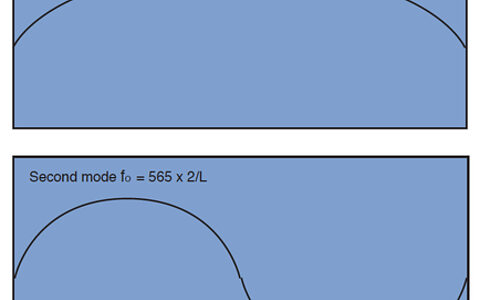
Choosing A Recording Setup, Part 1
Confusing, isn't it? Where once the only recording option was tape, you can now put a whole studio inside a desktop PC or opt for an all-in-one recording and mixing hardware solution. Then again, you could stick to tape, or buy a separate hard disk recorder. In the first of this short series, Paul White examines the choices.



















